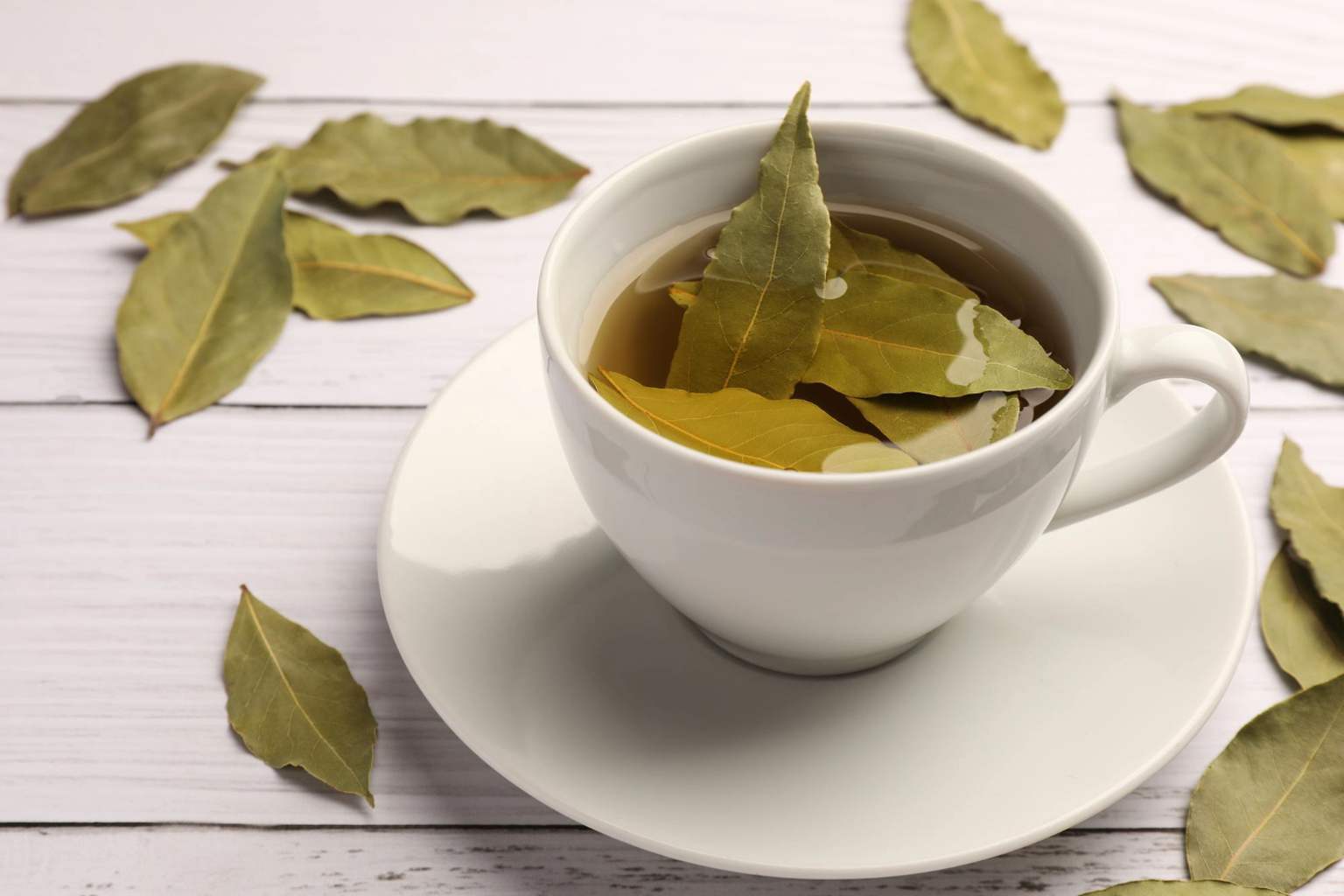Start your day with a simple ritual that can transform your health: drinking bay leaf tea on an empty stomach. This ancient Mediterranean secret isn’t just a comforting warm drink—it’s a powerhouse of hidden health benefits that can boost your wellbeing from the moment you wake up.
If you’re looking to improve digestion, support your immune system, and elevate your energy naturally, bay leaf tea might be the morning boost you never knew you needed.
How bay leaf tea supports digestion and detoxification
Bay leaf tea, made from bay laurel leaves (Laurus nobilis), is famous for its gentle yet effective impact on the digestive system. Sipping this warm tea before breakfast stimulates the production of digestive enzymes, which helps your body break down food more efficiently throughout the day.
Beyond promoting digestion, bay leaf tea has a natural diuretic effect. This means it encourages your body to flush out toxins by increasing urine output. Starting your morning with this cleansing ritual can help rid your body of waste, balancing your internal environment and leaving you feeling refreshed.
Additionally, the tea helps regulate blood sugar levels and gives your metabolism a welcome nudge, thanks to its rich content of antioxidants. These compounds combat free radicals—unstable molecules that can damage cells and speed up aging—helping keep your body balanced and energized.
The immune-boosting power of bay leaf tea
One of the most underrated benefits of bay leaf tea is its positive impact on your immune system. Packed with vitamin C, a vital nutrient for immune health, drinking this tea daily can help your body ward off common colds and infections.
Bay leaves also contain important anti-inflammatory compounds, such as caffeic acid, which ease inflammation in your body. Chronic inflammation is linked to many health issues, including heart disease, so reducing it supports overall cardiovascular health.
For anyone battling seasonal allergies, this tea’s natural properties might offer some relief by soothing irritated tissues and calming congestion. I discovered this firsthand after a particularly rough spring—starting my day with bay leaf tea noticeably eased my symptoms and helped me breathe better.
Key nutrients found in bay leaves
Bay leaves are like a small pharmacy in a single leaf. Besides vitamin C, they offer B vitamins, which are essential for cellular health and energy production. Minerals like calcium and potassium support strong bones and healthy muscle function, while magnesium plays a vital role in hundreds of biochemical reactions throughout the body.
Iron, another key nutrient in bay leaves, is critical for carrying oxygen in your blood, making it important for maintaining energy levels and cognitive function.
What’s more, bay leaves contain bioactive elements like flavonoids and essential oils such as cineole and eugenol. These substances have powerful antimicrobial and anti-inflammatory effects, helping protect your body against infections and promoting overall health.
How incorporating bay leaf tea can change your daily routine
Adding bay leaf tea to your morning routine is an easy way to boost your health naturally. Unlike sugary drinks or caffeinated beverages, bay leaf tea hydrates your body without added calories or sugar, supporting a healthy metabolism and better energy throughout the day.
Combine this habit with a balanced diet and active lifestyle, and you could see tangible improvements in digestion, immune function, and overall vitality. I’ve found that on days when I make bay leaf tea, I feel lighter, more focused, and better prepared to tackle whatever comes my way.
Whether you’re new to herbal teas or looking to diversify your wellness routine, giving bay leaf tea a try can be a simple step with powerful benefits. It’s incredible how such a small change can influence your entire day.
Why not incorporate bay leaf tea into your morning ritual and see how it affects your well-being? Share your experience or questions below—we’d love to hear how this age-old remedy fits into your life.
